 “A new study has a message for doctors and nurses who fail to wash their hands: Don’t think about yourself. Think about your patients.” – Article
“A new study has a message for doctors and nurses who fail to wash their hands: Don’t think about yourself. Think about your patients.” – Article
I don’t know if you have noticed lately, but there has been a campaign going on to get healthcare providers to wash their hands in the hospital/clinic setting.
At first, of course, I was like, what? Seriously? And then, sure enough, more and more articles have been coming out about how this simple, life saving activity, is in rampant non-compliance. Videos are abound now on how to ask your healthcare personnel to please wash their hands before examining your loved one in the hospital.
It is disheartening, that as caregivers, we have one more thing we have to watch out for… but we will, it’s what we do. Don’t be timid, be direct, forthright, professional and firm. If you are an overly polite, quite type, I recommend you practice in front of the mirror until you feel confident. Ask a friend or loved one to “drill” you on doing it until you feel comfortable and confident, and without apology, able to ask anyone who comes into your loved one’s examining room or hospital room to please wash their hands. If they say they did, ask them to please do it again. See my related post on how to properly wash hands from the CDC.
CDC promotional video (Click on Watch button)
Sigh… I was contacted several months ago my a nursing group who was promoting videos on how to ask personnel to wash their hands and not feel awkward. It was my first inkling of this being a problem. At the time, I didn’t know how I could be of help. I wish now I had dug in deeper and perhaps given them a phone call to find out more about what this was all about.








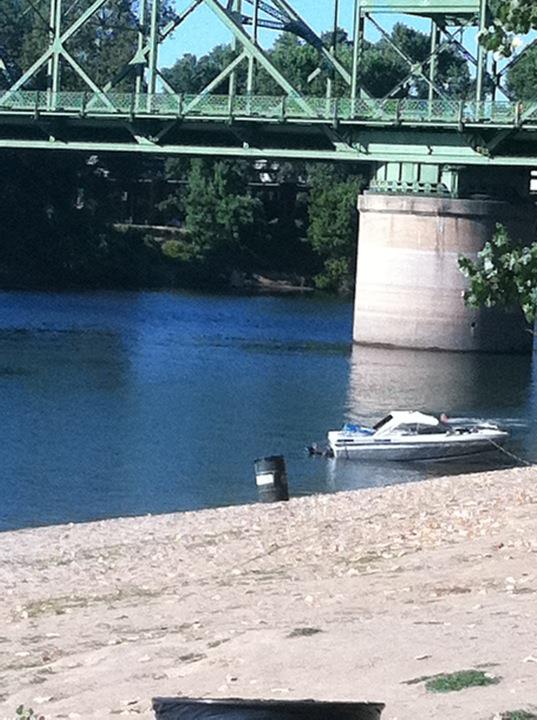

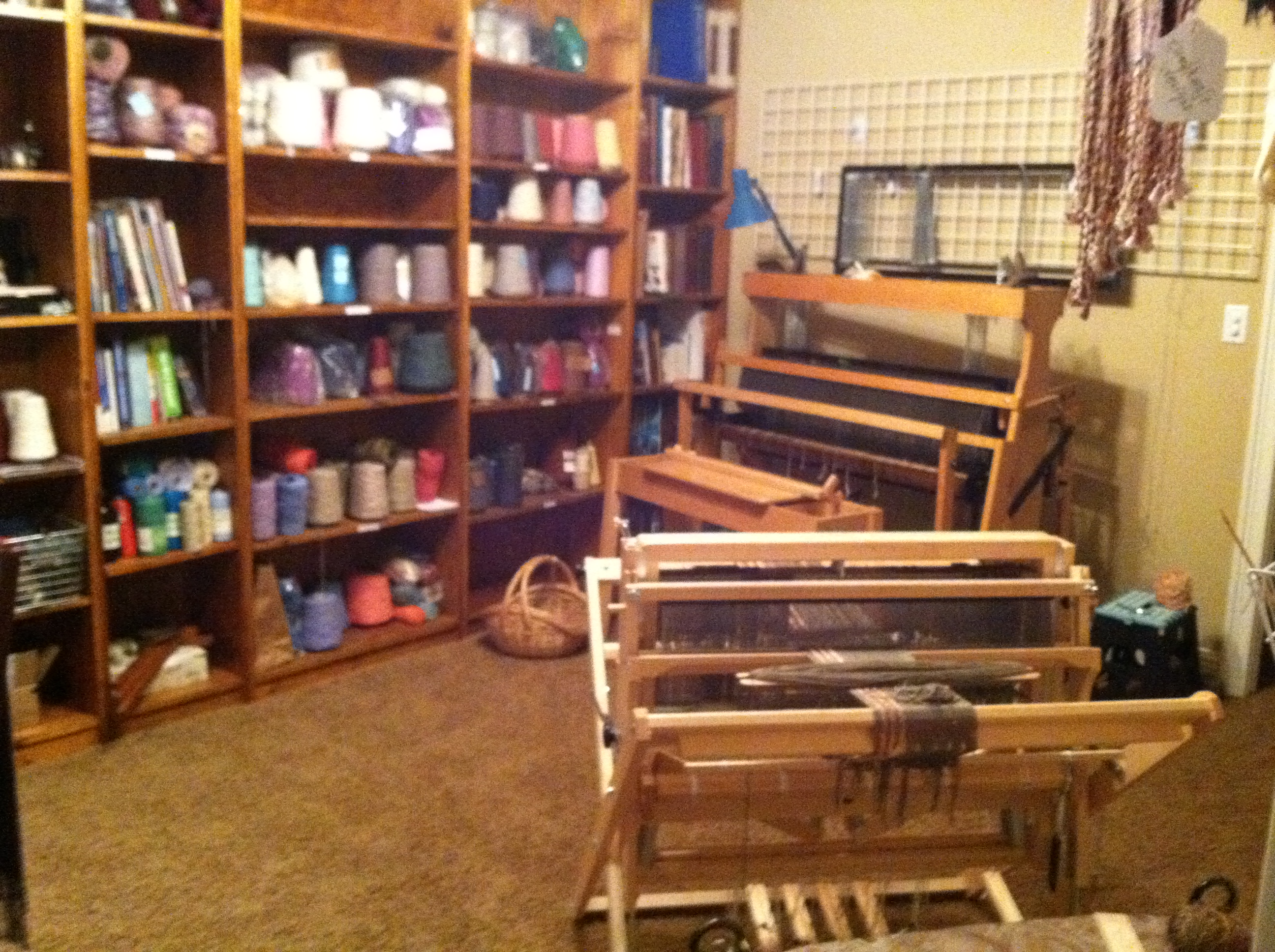

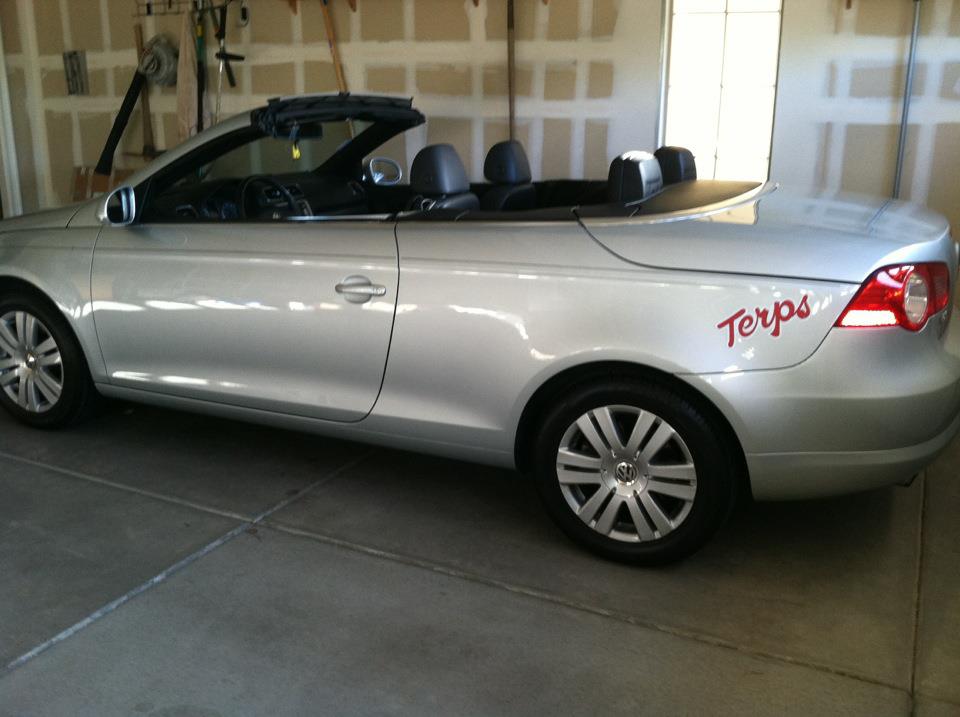


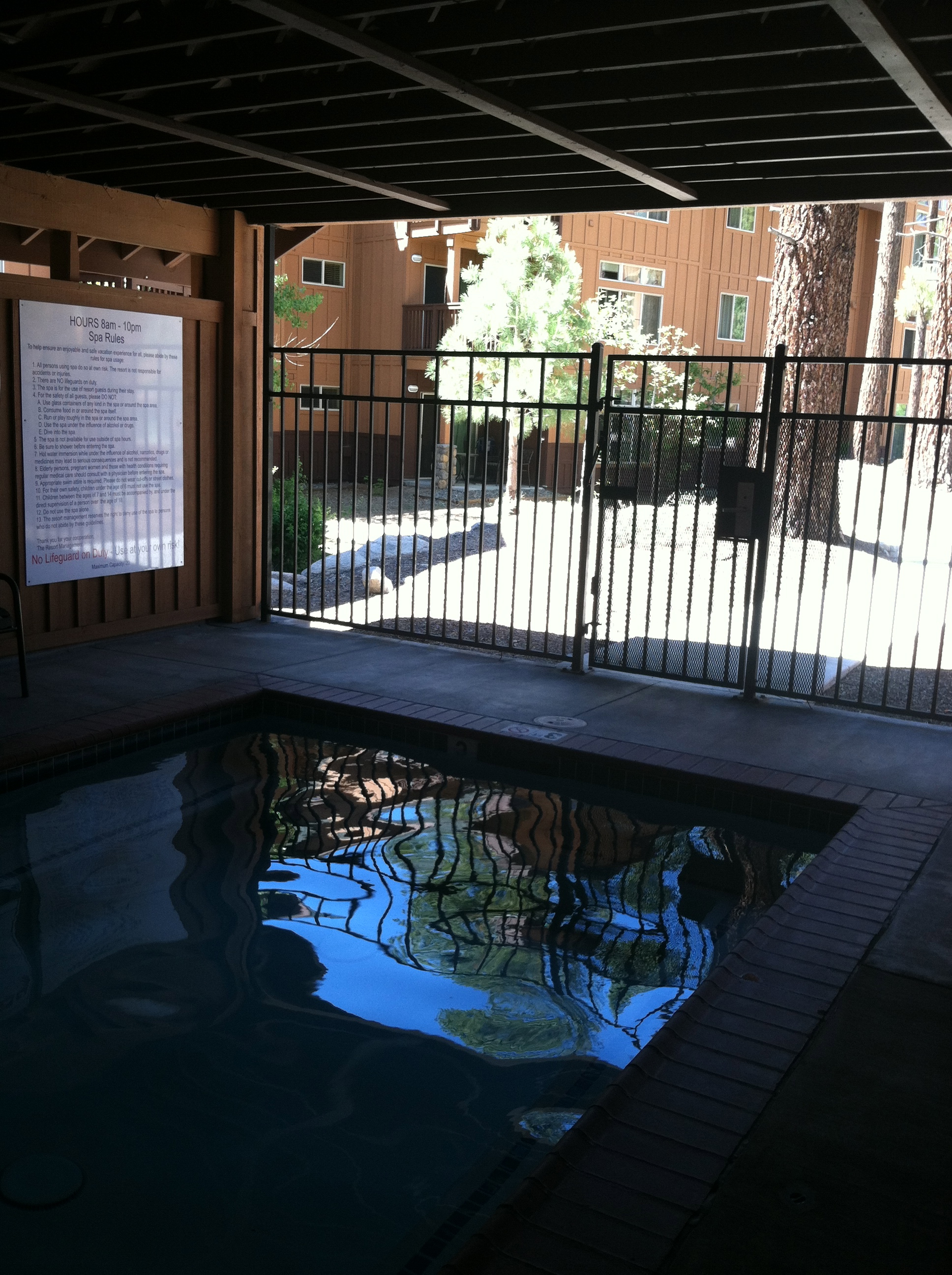
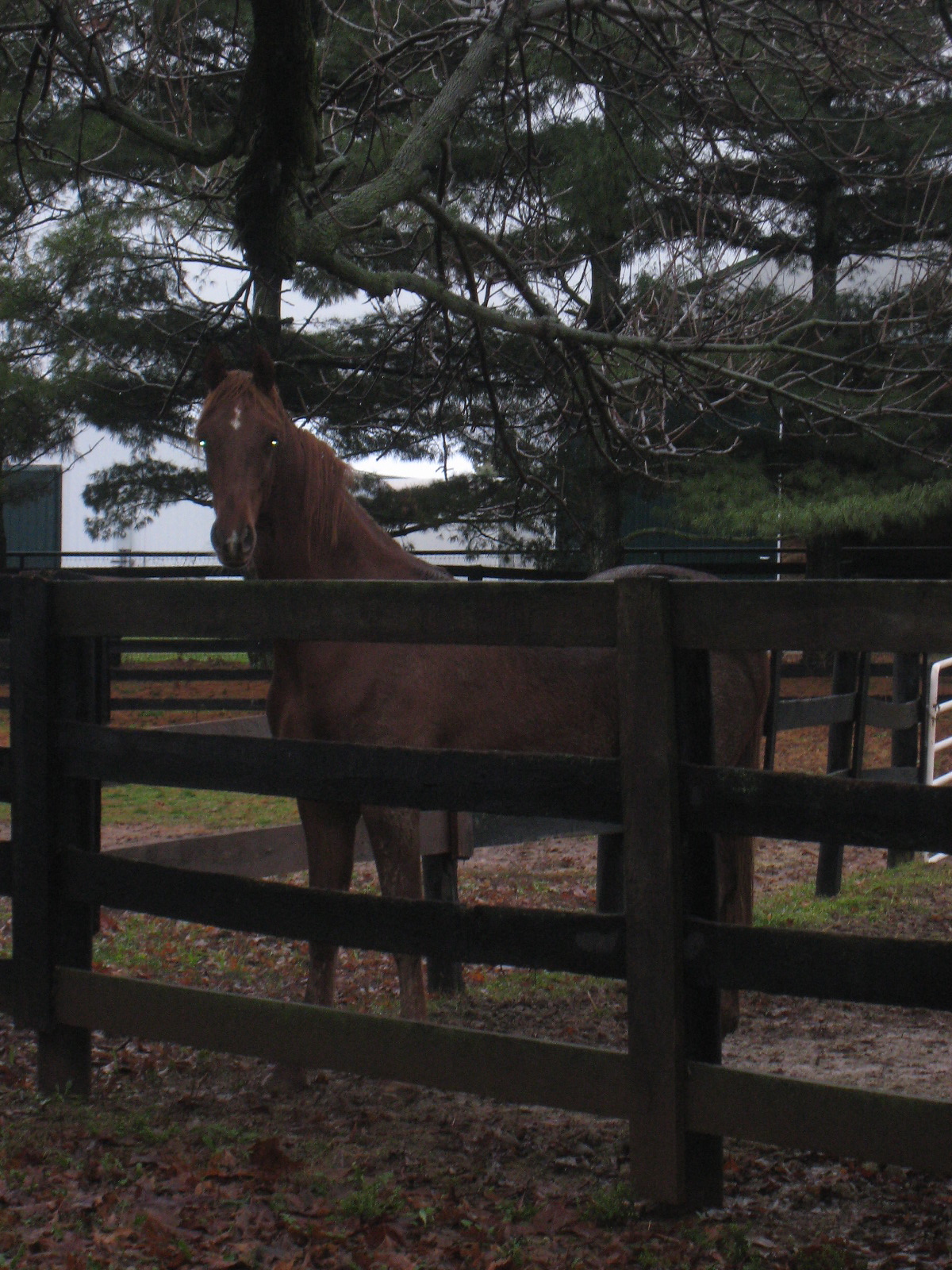



As a nurse and a caregiver I’m constantly reminding my own family and even my husband about hand washing. It’s a burden and a stress to have to be so vigilant especially when in the hospital. Let me add how I wish in the general community folks would be more mindful of not coughing and sneezing into the atmosphere. I love watching a 5 year old cough properly into his upper arm. I thank that kindergarten teacher. Then I sit in the theater and watch the well dressed patrons cough into what looks like a funnel that they make with their hand. I’ve summoned my courage and have spoken to store managers when I see sick employees sharing their germs. And I’ve encouraged elected officials to support bills that require employers to give employees paid sick time. It’s a public health issue. Profits can’t be the bottom line. And hasn’t myeloma increased our awareness of how fragile we can be. The button idea is great!
lori – would it be possible for you to e-mail me; i wrote something i think you will like – your’re featured in it, and there’s other news i want you to know. hugs, karen p.s. if this is inappropriate, i will understand.
lori, what a stupendous idea! love it – gives fair warning AND empowers patients and caregivers, as well as helps spotlight and spread the word that handwashing is of paramount importance. wouldn’t it be great if all patients and their caregivers were given those buttons right at the registration desk upon admission?!
Karen, Thank you for sharing your experience. Perhaps the organization who is running the campaign would make some buttons we could wear that say, “We WILL ask you to wash your hands.”
lori, this is such an important post/issue. as an RN, and an advocate for many patients and family members over the years, 1st on my last has always been handwashing. the number of infections, and even deaths, in hospitals all over the world directly caused by the failure of clinicians to wash hands properly is staggering. with such an intense campaign in the US for at least the past decade, with CDC guidelines being posted everywhere, hand sanitizing stations installed at every entrance to pt’s rooms, the hospital elevators, et. all, one might think it would be ingrained, both in clinicians and pts’ minds. but i can assure you, that is not always true. case in point, during hugh’s last SCT hospitalization, we were outraged when the chief of the entire cancer center, doing rounds, came to to his room to perform a hands on exam and did not stop in the anti-room nor at the sink in hugh’s room, to wash his hands. when hugh asked him to wash his hands (he was 48 hrs. post SCT), the doctor unleashed a torrent of angry and defensive nonsense, essentially saying, how dare any one question him, listed how many cancer centers he had headed up, blah, blah. he then washed his hands, gave hugh a most perfunctory exam, and we discovered later, left no notes in hugh’s pt. chart! later, when an issue came up that required info from that visit and there were no notes to consult, we requested the head nurse contact hugh’s transplant physician, report the handwashing incident, and lack of any notes, which i knew then would be documented in the chart. such folderol, all because an ego-manical doc resisted washing his hands! hoooray for sandy for sharing your knowledge of the importance of handwashing, and to you, lori, for this post and resulting forum. all who become aware of it, practice it, and teach others may never know it, but could actually be responsible for saving someone from a life threatening infection.
I think the biggest thing I’ve learned has been the frequency with the need to wash hands. I don’t think I ever really considered it in the course of my life until Dave got sick. You did it before cooking, after restroom, before eating, but not necessarily just because its been a while and you’ve been touching things. Some folks are very cognizant of that, but I never really was.
Yes Sandy I am sure you are right about the hot water bit. I think when we were young using carbolic soap, it would only lather up with warm/hot water. Yes of course it is the practice of massage around the nails and well up over the wrists that does the business. All best wishes to you x
@ Lori. We also as girls spent long days out in the fields but my Mothers good hygiene practice I believe, has served me and the looking after of my family well. All best wishes to you x
Candy Striper! Boy that takes me back! My understanding is, it is the friction and duration that is the most important. Yes?
I was trained as a Candy Striper (young hospital volunteer) in the correct mode of washing hands – but this was back in the late 1950’s! However, for the rest of my life, and esp. as a mother, I carried this routine onward. I have no hesitation in demanding proper hygiene from anyone treating me or those I care about. Did you know that it doesn’t really matter if the water is hot or not? It helps, but it is the soap and the thorough rinsing that makes the biggest difference, so no excuse if you happen to live without hot water (as I do right now in South America) and I am teaching lots of people the importance of clean hands!
Thanks for your comment Susie. We weren’t big hand washers as children, always out playing in the dirt and camping. My parents would tell us to of course, but we always tried to cut corners from such things. It was something I had to develop a habit about over time.
I have medical friends who I have observed in their homes who are avid hand washers with lotion nearby, as it can become harsh to the skin over time I would imagine. Learning to cough in the crook of my arm instead of on my hands was another thing I learned from them.
Once someone becomes immune suppressed, the realization of their exposure takes on a whole new meaning and for many who are new at this, I think it is worth reminding them and for them to begin to observe those working with their loved ones.
I have always been a bit fussy shall we say, about handwashing. This was long before Hamada had MM. I think it was something from my childhood. When as children we were not allowed to sit to table before the handwashing routine had been completed. Now this was not a quick rinse under the tap with lukewarm water this was good old strong soap and always hot water.We were always taught the importance of hand washing after using the bathroom and I taught my children the same – so very important.
Whenever even as a young woman and needing an examination for anything. I would always asked, have you washed your hands even when using medical gloves. Over the years I got use to the odd remark or look but I still insisted, this was my body after all!
From the very begining of Hamada’s illness and in every case, if I saw the Consultant/Doctor/ or Nurses had not properly washed their hands I would firmly and politely remind them to please do so. When Hamada was examined I would always insist that the correct procedure be used before examination and properly done too! It worked well, Hamada had v few infections at any stage. How many life threatening infections could be avoided by following these oh so important guide lines. Good post Lori of paramount importance and something Carers should always insist upon.